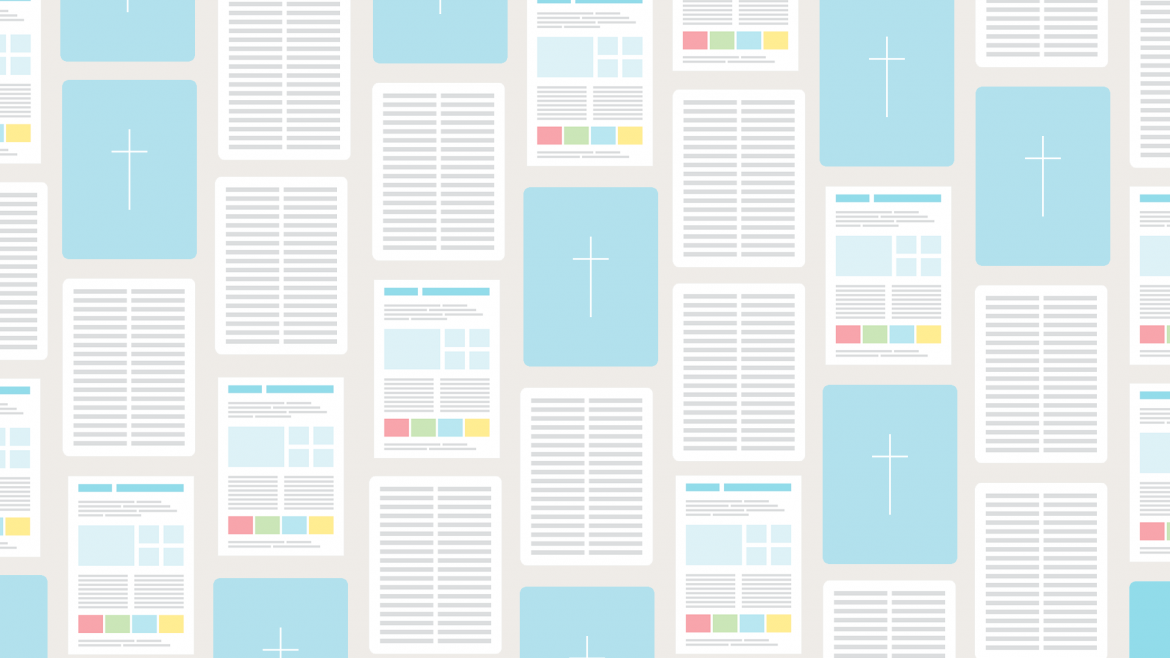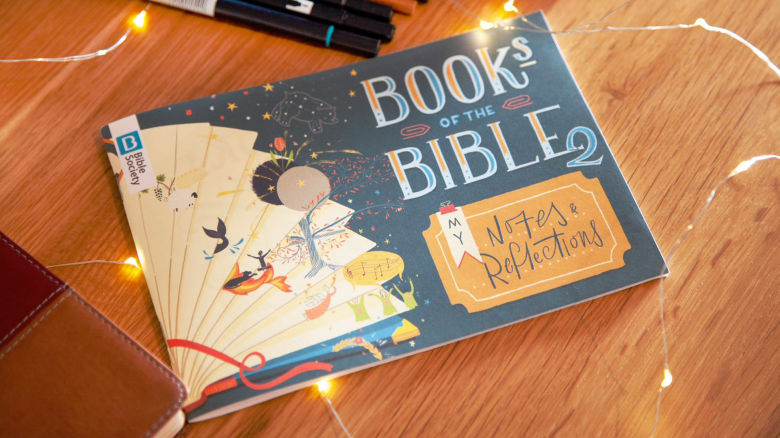Habakkuk consists of a conversation between Habakkuk and God about injustice in the world. The book opens with a protest from the prophet about God’s inaction in the face of so much evil. God responds by saying he is sending the Chaldeans or Babylonians to punish the wicked. Habakkuk protests that this is using wickedness to punish wickedness; God responds again by promising that all the perpetrators of violence would eventually be punished. The book ends with a celebration of all God has done in the past and an expectation that he would act again.
For the earth will be filled with the knowledge of the glory of the Lord as the waters cover the sea. (Habakkuk 2.14)
GOD, the Lord, is my strength; he makes my feet like the feet of a deer, and makes me tread upon the heights. (Habakkuk 3.19)
This is a conversation between Habakkuk and God, and it makes no sense until you know who is speaking at any one time. Hint: words in inverted commas are, in most translations, God speaking.
The prophet Habakkuk is mentioned twice in the book (1.1 and 3.1) so it makes most sense to think that he wrote it.
He is also mentioned a few times in the additions to the book of Daniel (found in the Apocrypha or deuterocanonical literature) in a section often called Bel and the Dragon (1.33–39). There Habakkuk took stew and some bread to Daniel in the lions’ den.
Some point out that his name means ‘embrace’ or ‘wrestle’ and this seems to be what he is doing in the book – wrestling with God.
Habakkuk is set in the late seventh century BC, just before the Babylonians invaded Jerusalem and took the Judeans into exile at the start of the sixth century BC.
From what we can tell, some people were very confident that God would save them as he always had. Others, like Habakkuk, were anxious about what was going to happen.
2 Kings 17–25, 2 Chronicles 29–36, Nahum, Zephaniah, Jeremiah and Isaiah
Habakkuk is the eighth of the 12 books of the minor prophets.
As a work of prophecy, it is unusual since it is largely made up of a conversation between Habakkuk and God, rather than messages from God to God’s people. Its focus is on Habakkuk’s fears for the world around him.
1.1 Introduction
1.2–4 Habakkuk’s first lament
1.5–11 God’s first answer
1.12–2.1 Habakkuk’s second lament
2.2–20 God’s second answer
3.1–19 Habakkuk’s prayer of praise to God
There will be lots of names you will not know; don’t worry if you can’t place them all. The key ones are given below.
Cushan, Lebanon, Midian, Paran, Teman
Chaldeans
Sheol, Selah, idols
Habakkuk is frightened of the world in which he lives and feels as though God doesn’t care, but by the end of the book he worships God, before whom he stands in awe (3.1). Look out for this theme and ask why Habakkuk might have changed his mind.
In this book Habakkuk is worried about God’s role in the violence that is breaking out all around. Look out for the questions he asks God about this.
If you were to ask God questions about what was going on in the world around you, what kind of questions would you ask? Would you be satisfied with the answers given in this book? If yes, why? If no, why not?

Here are 8 handy tips to get your book club up and running.

Here are some ideas to get you started.

Unsure of the meaning of a word or phrase in the Bible? Check our glossary of terms.
Books of the Bible journal: 2nd Edition
Journey through the Bible, one book at a time, with the 2nd edition of our Books of the Bible journal.
